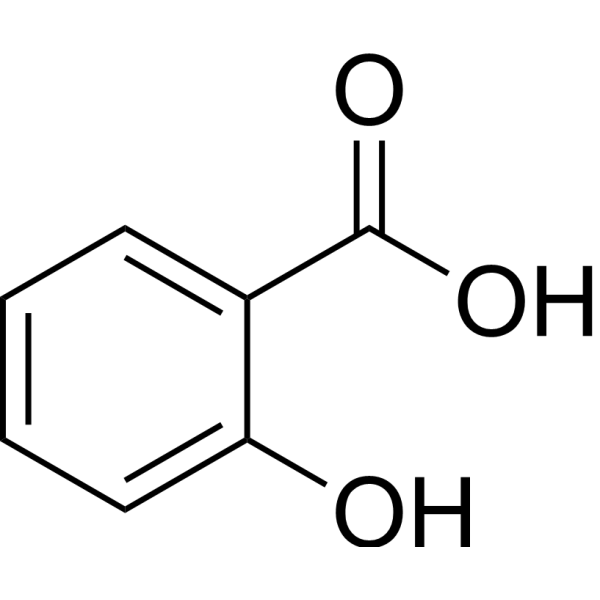Happy Skin Checklist: Salicylic Acid in Skincare: What It Is, How It Works, and Key Precautions
Discover how salicylic acid helps with acne, blackheads, and oily skin. Learn its skincare benefits, how to use it safely, and precautions to avoid irritation.
ACTIVE INGREDIENTS
Shambhavi Shukla
9/21/20252 min read


What Is Salicylic Acid?
Salicylic acid is a beta hydroxy acid (BHA) derived from willow bark. It’s one of the most effective skincare ingredients for treating acne, clogged pores, blackheads, and oily skin. Unlike water-soluble AHAs, salicylic acid is oil-soluble, meaning it penetrates deep into pores to clear out sebum and dead skin.
What Does Salicylic Acid Do?
Unclogs pores – Dissolves excess oil and debris trapped inside pores.
Exfoliates the skin – Removes dead skin cells, promoting smoother texture.
Reduces acne and blackheads – Targets breakouts at their root cause.
Anti-inflammatory – Calms redness and irritation caused by pimples.
Oil control – Helps regulate excess sebum production.
How Does Applying It on Skin Work?
When applied topically (in cleansers, serums, or spot treatments), salicylic acid penetrates pores and:
Breaks down the bonds between dead skin cells.
Clears out oil buildup that causes whiteheads and blackheads.
Prevents new acne from forming by keeping pores clean.
It’s often used in concentrations of 0.5%–2% in over-the-counter products and up to 5%–10% in dermatologist-prescribed treatments.
Can You Take Salicylic Acid Orally?
No. Unlike ceramides, salicylic acid is not consumed as food or supplement. It’s strictly for topical use in skincare or as a medicated treatment. Oral salicylic acid is unsafe and not used in beauty or dermatology contexts.What to Take Care of When Using Salicylic Acid
Start Slow: Use 2–3 times a week if you’re new to chemical exfoliants. Daily use may cause irritation.
Avoid Over-Exfoliation: Don’t combine it with strong acids (glycolic acid, lactic acid) or physical scrubs.
Moisturize Well: Salicylic acid can dry out the skin; pair it with a hydrating moisturizer.
Use Sunscreen: It increases sun sensitivity. Always apply a broad-spectrum SPF during the day.
Patch Test: If you have sensitive skin, test on a small area before full application.
Not for Everyone: Avoid during pregnancy or if you’re allergic to aspirin (since both belong to the salicylate family).
Salicylic acid is one of the best skincare ingredients for acne-prone and oily skin. By unclogging pores, controlling oil, and soothing inflammation, it delivers visible results. Just remember to start slowly, moisturize, and protect your skin with sunscreen to avoid irritation.
Like my work? BUY ME A COFFEE !
Check out other Reviews
